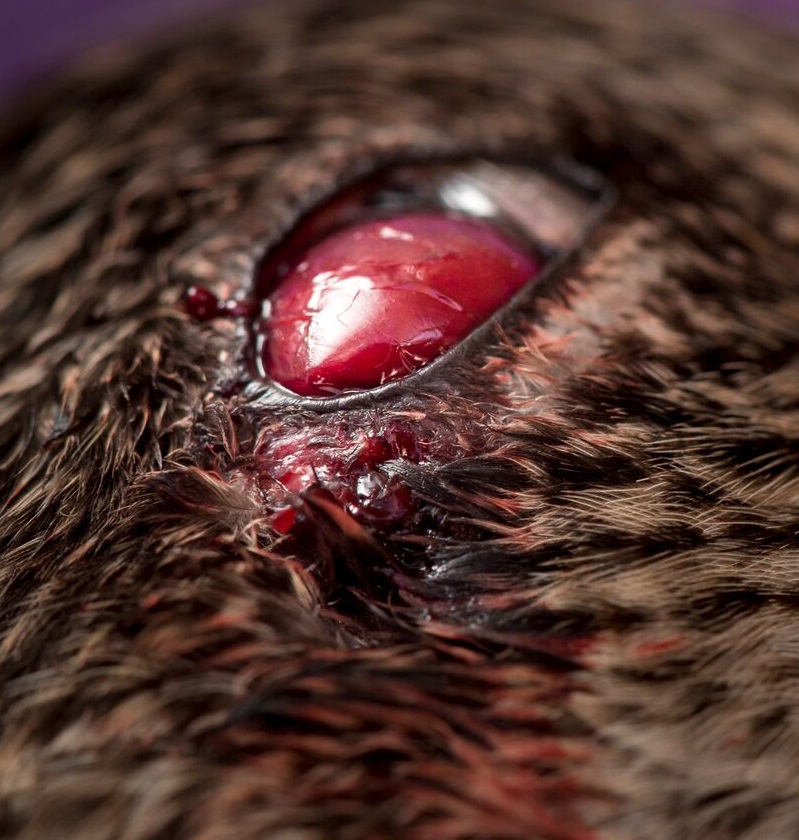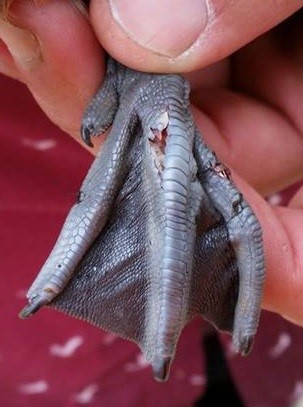Menu
This native Pink-eared duck has been forced to suffer by a cowardly duck shooter.
Shooters shout and cheer as native waterbirds are blasted by shotgun pellets and crash into the water blasted by shotgun pellets and crash into the water.
Just hours before the season ended, rescuers found this Pink-eared Duck which had been shattered by shotgun pellets and left to die.
When fired, shotguns scatter some 200 small pellets. At least one in four birds shot are wounded. They suffer fractured or broken legs or legs shot off entirely, shattered bills, splintered wings, pellets through eyes and shot lodged in organs, muscles and tendons.
“Science tells us that animals are sentient – they feel pain and experience comfort and pleasure. Indeed the government’s own research tells us that our community expects that the welfare of animals in our society is a high priority.“
Lizzie Blandthorn, Labor MP.
The Victorian Labor Government now acknowledges the sentience of animals and yet it continues to sanction the cruelty of recreational duck shooting.
According to US ballistics expert and shotgunner, Tom Roster, the wounding rate is at least one in four birds shot. The Victorian Game Management Authority which is responsible for regulating duck shooting in Victoria currently considers the wounding rate is even higher, around 30 per cent.
Because of the nature of a shotgun, wounding is inevitable and unavoidable. Shotguns are scatterguns and when the cartridge is fired, around 200 tiny pellets fan out from the barrel.
The range of a shotgun is only about 50 metres but in the excitement of the moment shooters often wound birds by firing out of range. It is difficult for shooters to judge distance in the split-second decision-making process required.
When birds are scarce, they will shoot out of frustration even though the bird is well out of range.
Shooters fire into flocks and can legally shoot in fog, mist, rain and windy weather as well as half an hour before sunrise and half an hour after sunset (when quite dark) which all contribute to high wounding rates.
Wings are shattered and bones splintered when native waterbirds are shot and wounded.
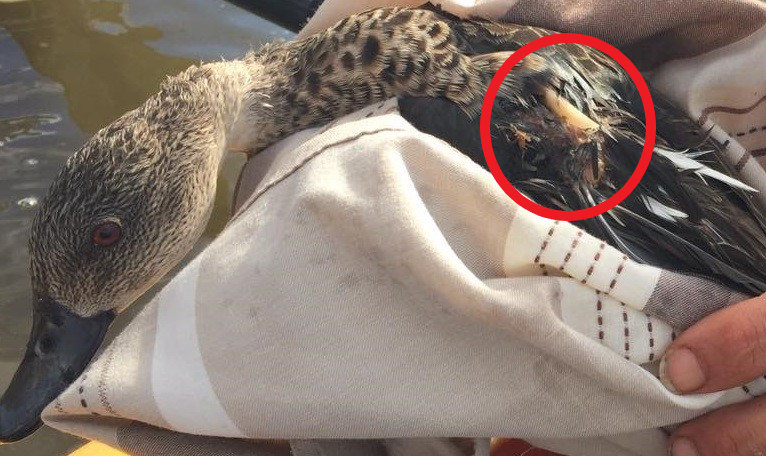

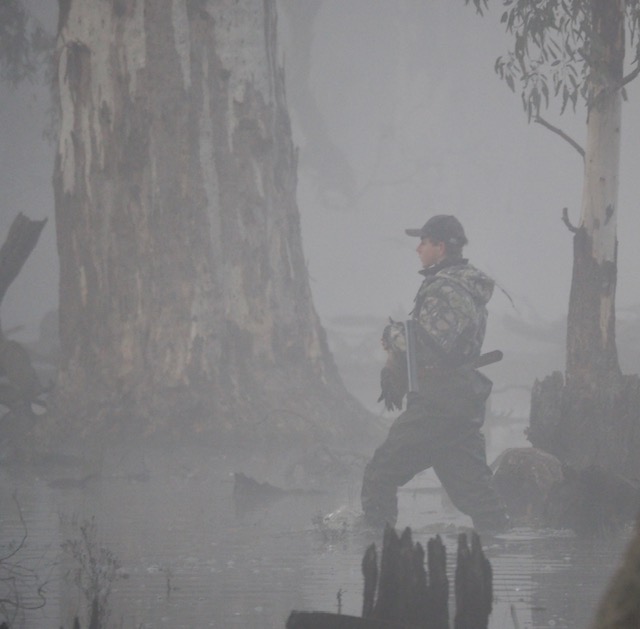
When wings are too damaged to fly, the birds drop like dead weights from the sky and crash uncontrollably into the water or on land when more delicate bones may be broken.
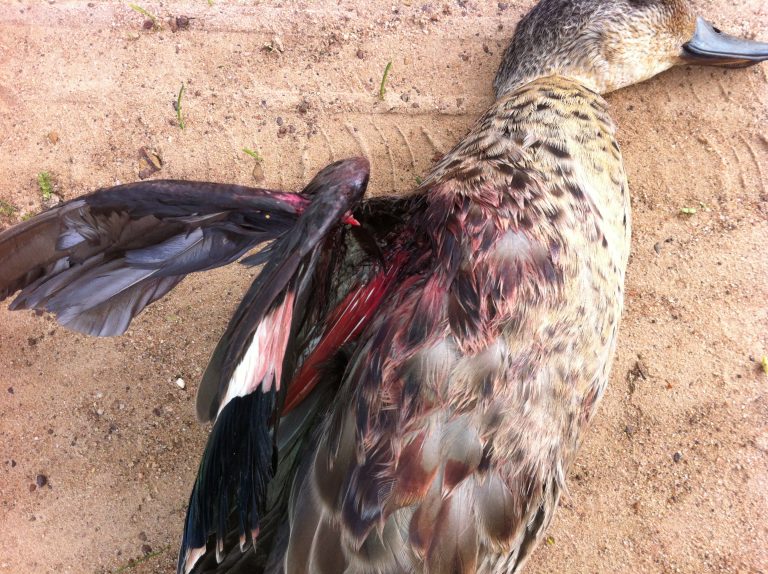
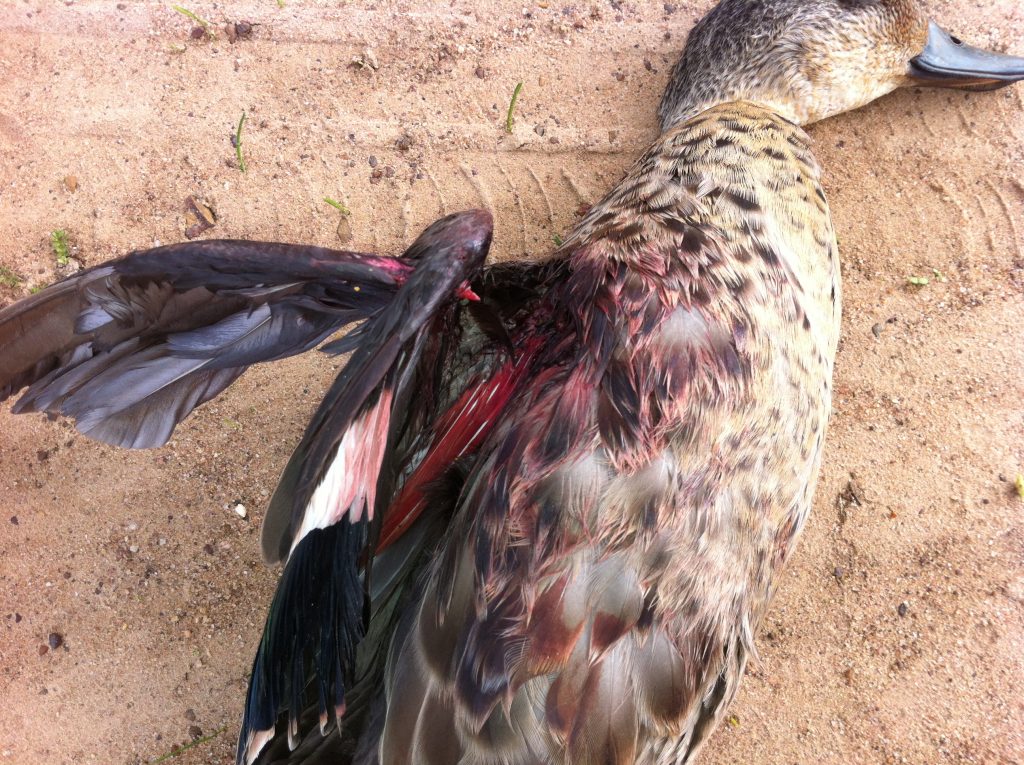
This Grey Teal was shot and left to suffer on the final day of the 2013 duck shooting season at Lake Lonsdale.
When fired, shotguns scatter some 200 small pellets. At least one in four birds shot are wounded. They suffer fractured or broken legs or legs shot off entirely, shattered bills, splintered wings, pellets through eyes and shot lodged in organs, muscles and tendons.
They can be blinded by shotgun pellets, have their feet or legs shot off or mutilated, their bills smashed and internal injuries with pellets lodged in muscles and organs. Their suffering is unconscionable.
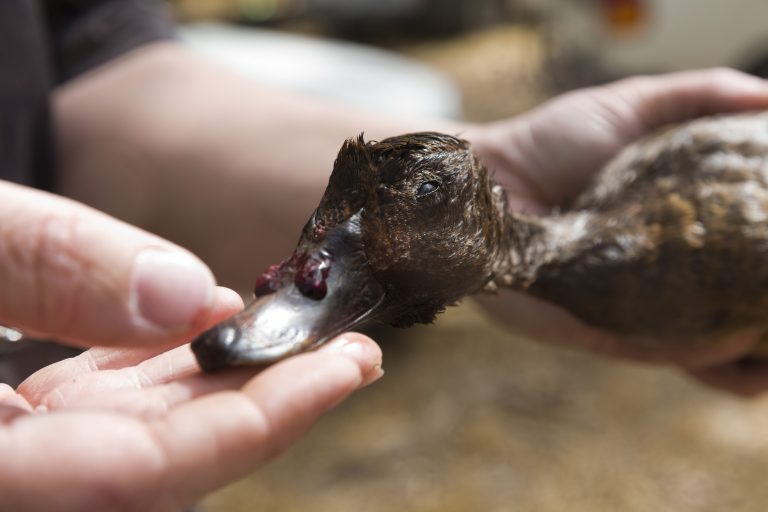
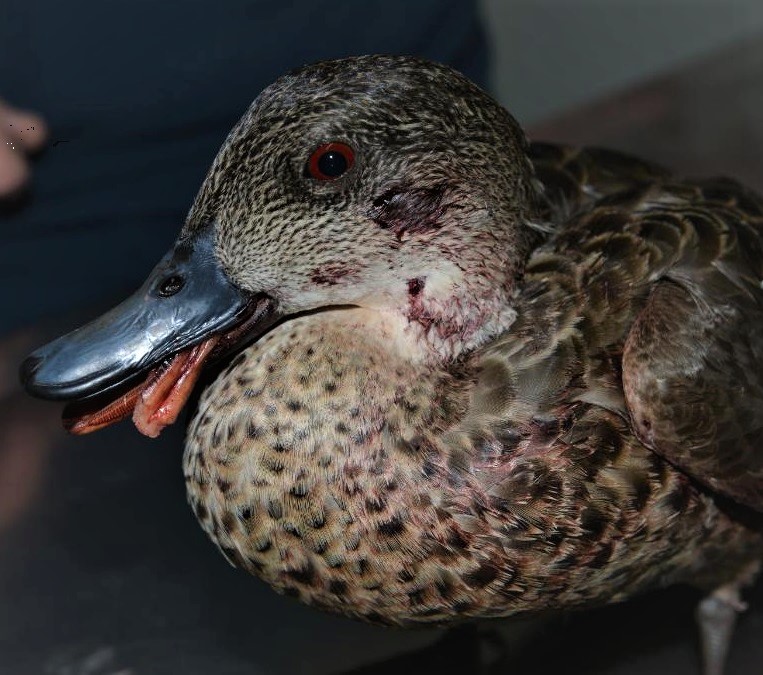
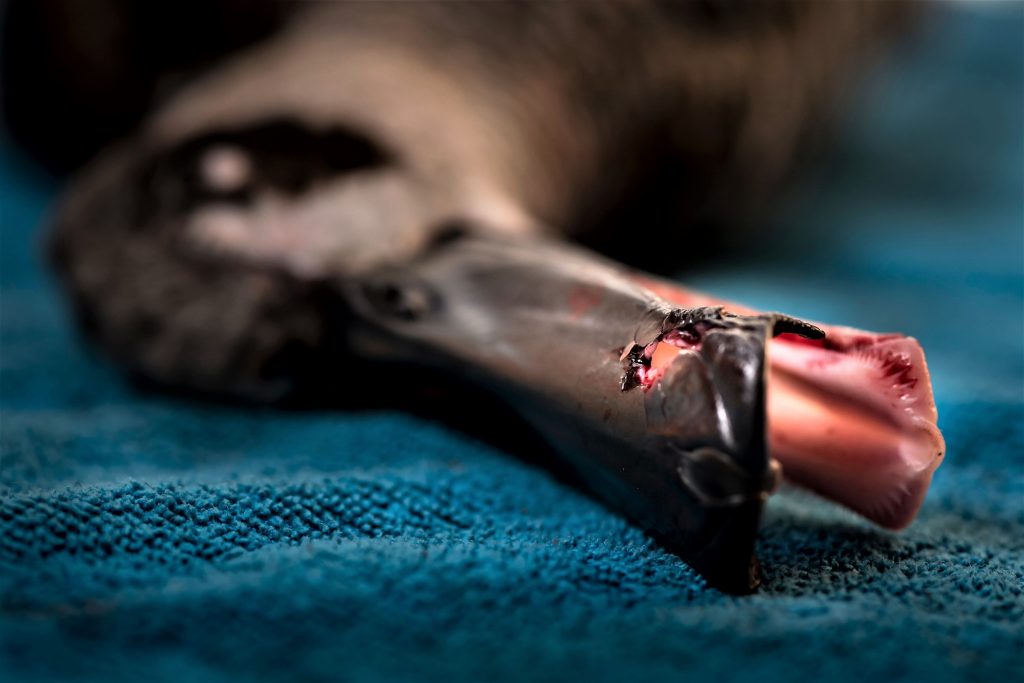
Since 1993, a government advisory body, the Victorian Animal Welfare Advisory Committee (AWAC) has repeatedly recommended a ban on the recreational shooting of native waterbirds because of cruelty. NSW and Queensland governments banned duck shooting on advice from their AWACs, because of cruelty.



